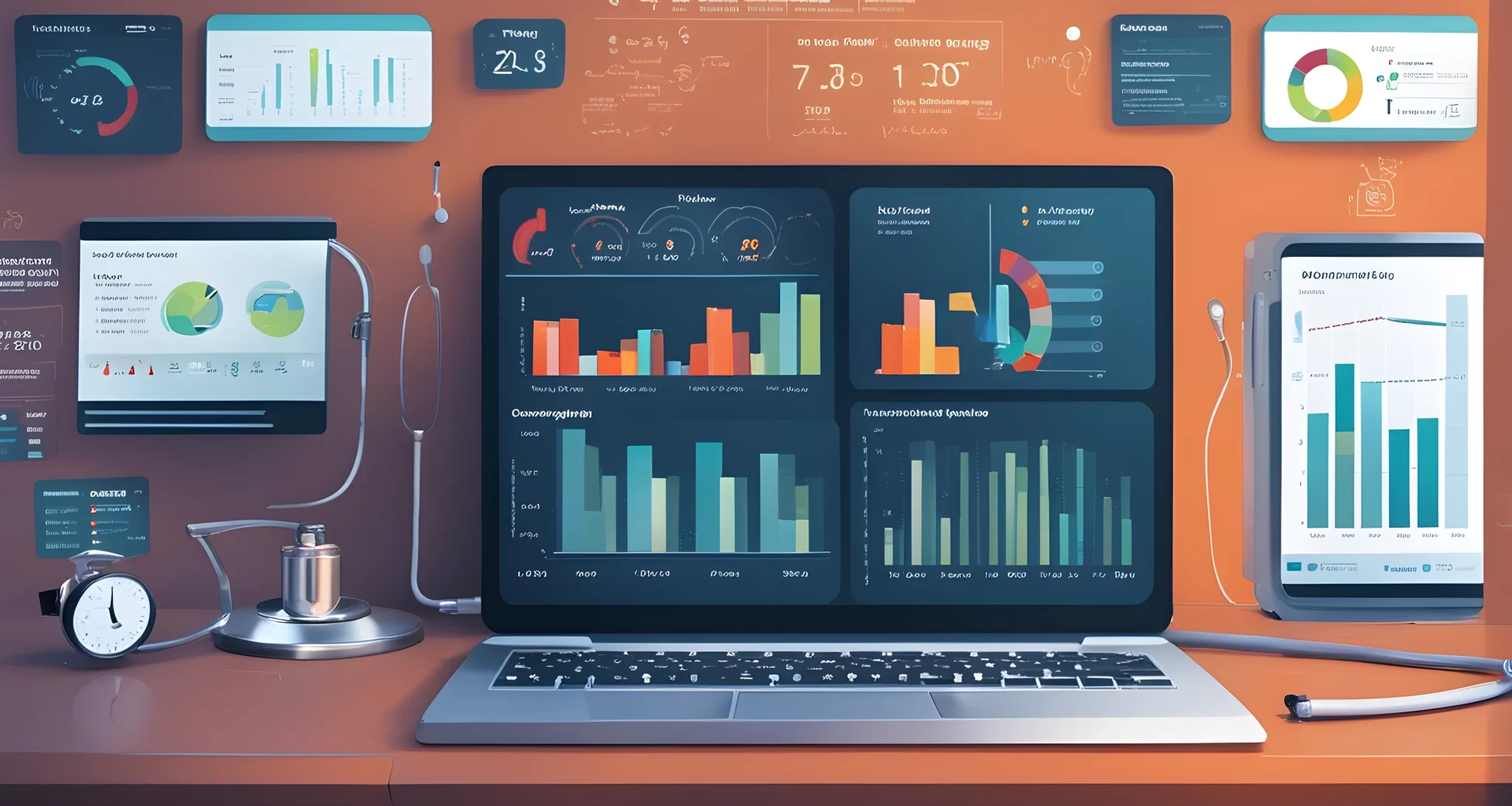Chatbots and Virtual Assistants
Startups today are leveraging the power of AI-powered chatbots and virtual assistants to revolutionize customer support. These tools enable instant response to customer queries, process orders, and provide personalized assistance, ultimately improving overall customer satisfaction and loyalty. According to a recent article on Overcoming business challenges, startups that implement AI-powered chatbots and virtual assistants are better equipped to handle customer inquiries and provide a seamless user experience.
One of the key advantages of using chatbots and virtual assistants is their ability to handle large volumes of customer inquiries simultaneously, without the need for human intervention. This not only reduces the workload for customer support teams but also ensures that customers receive prompt and efficient assistance. Additionally, these AI-powered tools can learn from previous interactions and provide more personalized responses to users, further enhancing the overall customer experience.
Furthermore, chatbots and virtual assistants can also play a crucial role in processing orders and providing real-time updates to customers. This level of automation not only streamlines the purchasing process but also reduces the likelihood of errors, ultimately leading to higher customer satisfaction.
By incorporating AI into their customer support systems, startups can gain a competitive edge by providing superior service while reducing operational costs. As a result, customers are more likely to develop trust and loyalty towards the brand, ultimately leading to repeat business and positive word-of-mouth referrals.
In conclusion, the integration of AI-powered chatbots and virtual assistants has become an essential part of customer support for startups. By implementing these tools, startups can effectively handle customer inquiries, process orders, and provide personalized assistance, ultimately leading to improved customer satisfaction and loyalty.

Predictive Analytics
Startups rely on AI for predictive analytics to anticipate future trends and make strategic business decisions. Whether it’s forecasting product demand or predicting market behavior, AI gives startups a competitive edge in an ever-changing business landscape.
With the help of predictive analytics, startups can analyze historical data to identify patterns and trends, and then use this information to make informed predictions about future outcomes. This is particularly valuable in industries such as marketing and sales, where startups can use AI to forecast customer behavior and tailor their marketing strategies accordingly.
Furthermore, in the healthcare sector, predictive analytics can be used by startups to anticipate patient needs and optimize resource allocation, ultimately leading to improved patient care.
In finance, startups can leverage predictive analytics to assess market trends and make data-driven investment decisions. This is crucial for startups looking to secure funding and navigate financial challenges on the road to success. For more information on addressing financial struggles, check out Navigating Money Challenges.
Language processing is another area where predictive analytics plays a significant role for startups. By analyzing language patterns and sentiment, AI can help startups understand customer feedback and make improvements to their products or services.
Overall, the role of predictive analytics in startups cannot be understated. By harnessing the power of AI to anticipate future trends and behaviors, startups can gain a competitive advantage and make strategic decisions that drive their success in today’s dynamic business environment.

AI in Healthcare Startups
In the healthcare industry, AI is transforming startups by assisting in diagnostics and predicting disease outbreaks. With AI-powered systems, startups can enhance patient care, streamline healthcare processes, and contribute to medical research and development.
Startups in the healthcare industry are leveraging AI to develop chatbots and virtual assistants that can provide immediate support and guidance to patients. These virtual assistants can help patients schedule appointments, access medical records, and receive basic medical advice, thus improving the overall patient experience.
Furthermore, predictive analytics powered by AI is enabling startups to identify patterns and trends in patient data, leading to early detection of potential health issues. This not only improves patient outcomes but also reduces healthcare costs by preventing more serious conditions.
AI is also playing a crucial role in disease outbreak prediction. By analyzing vast amounts of data from various sources, startups can use AI algorithms to forecast potential disease outbreaks and take proactive measures to contain the spread.
The use of AI in healthcare startups is not only limited to patient care but also extends to medical research and development. By utilizing AI algorithms, startups can analyze large datasets to identify potential drug candidates for various diseases. This has the potential to accelerate the drug discovery process and bring new treatments to market more quickly.
Moreover, AI is assisting startups in understanding financial data and optimizing resource allocation for better financial outcomes Startup success fueled by venture capital. With the help of AI-powered systems, startups can make more informed decisions regarding budgeting, investment opportunities, and risk management.
In conclusion, AI is revolutionizing the healthcare startup landscape by improving patient care, predicting disease outbreaks, and contributing to medical research and development. As technology continues to advance, the role of AI in healthcare startups will only continue to grow in significance.

AI in Marketing and Sales
AI plays a vital role in marketing and sales for startups, providing valuable insights into consumer behavior and preferences. From lead scoring to customer relationship management, AI helps startups optimize their marketing strategies and improve sales performance.
Lead Scoring
One of the key ways AI contributes to marketing and sales is through lead scoring. By analyzing data from various sources, AI algorithms can identify and prioritize leads that are most likely to convert into customers. This not only saves time and resources for startups but also improves the overall efficiency of their sales process.
Customer Relationship Management
AI also plays a crucial role in customer relationship management (CRM) for startups. By utilizing AI-powered tools, startups can gain deeper insights into customer behavior, preferences, and purchase patterns. This allows them to tailor their marketing efforts and sales tactics to better meet the needs of their target audience, ultimately leading to higher conversion rates.
Optimizing Marketing Strategies
With the use of predictive analytics and machine learning, AI can help startups optimize their marketing strategies. By analyzing large volumes of data, AI can identify trends and patterns that human marketers may overlook. This enables startups to make more informed decisions about where to allocate their resources for maximum impact.
Improving Sales Performance
AI’s ability to analyze consumer behavior and preferences also extends to improving sales performance for startups. By leveraging AI-powered tools, startups can personalize their sales pitches and offerings based on individual customer preferences, ultimately leading to higher conversion rates and increased revenue.
In conclusion, AI is an indispensable tool for startups looking to gain a competitive edge in marketing and sales. By effectively leveraging AI technology, startups can gain valuable insights into consumer behavior, optimize their marketing strategies, and improve their overall sales performance.
For more information on navigating challenges in building a startup portfolio, check out Navigating Startup Portfolio Obstacles.

AI in Finance and Language Processing
Startups in the finance industry are leveraging AI-powered algorithms to revolutionize the way they manage their finances. With the help of AI, startups can benefit from advanced fraud detection systems and more effective investment strategies. These technologies enable startups to make informed financial decisions and optimize their operations for sustainable growth and success.
AI plays a crucial role in automating financial processes, such as risk assessment and fraud detection, allowing startups to operate more efficiently and minimize potential risks. By analyzing large volumes of data in real-time, AI algorithms can quickly identify irregularities and patterns that may indicate fraudulent activities, enabling startups to take proactive measures to protect their financial assets.
Furthermore, AI-powered investment strategies are transforming the way startups approach wealth management. By analyzing market trends and historical data, AI algorithms can provide startups with valuable insights to make informed investment decisions. This not only helps startups maximize their returns but also reduces the potential for human error in the decision-making process.
In addition to finance, language processing powered by AI is also making a significant impact on startups. Natural Language Processing (NLP) technology enables startups to analyze and understand unstructured data, such as social media posts, customer feedback, and news articles, to gain valuable insights into consumer sentiment and market trends.
The integration of AI-powered language processing tools allows startups to better understand their customers’ needs and preferences, enabling them to tailor their products and services accordingly. This level of understanding can significantly improve customer satisfaction and retention rates.
To ensure that finance startups maximize the potential of AI in managing their finances effectively, it is crucial for them to stay updated on the latest advancements in AI technology. Articles such as Optimizing AI investments provide valuable insights into how startups can make the most out of their AI investments, ensuring that they stay ahead of the curve in this rapidly evolving landscape.
FAQ
How do startups benefit from using ai?
Startups benefit from ai in various ways including improved customer support, predictive analytics for business decisions, healthcare diagnostics, marketing and sales insights, financial management, language processing, and image and video analysis.
What are some common applications of ai in startups?
Common applications of ai in startups include chatbots and virtual assistants for customer support, predictive analytics for trend forecasting, healthcare diagnostics, marketing and sales analytics, financial management, language processing for translation and language-learning, and image and video analysis.
Can ai help startups compete with industry giants?
Yes, ai enables startups to compete with industry giants by providing them with advanced tools for customer support, data analytics, diagnostics, marketing and sales strategies, financial management, language processing, and image and video analysis, giving them an edge in the market.
How does ai improve the performance of startups?
Ai improves startup performance by providing instant customer support, predicting future trends, assisting in healthcare diagnostics, analyzing consumer behavior for effective marketing, managing finances, breaking language barriers, and analyzing images and videos for valuable insights.
